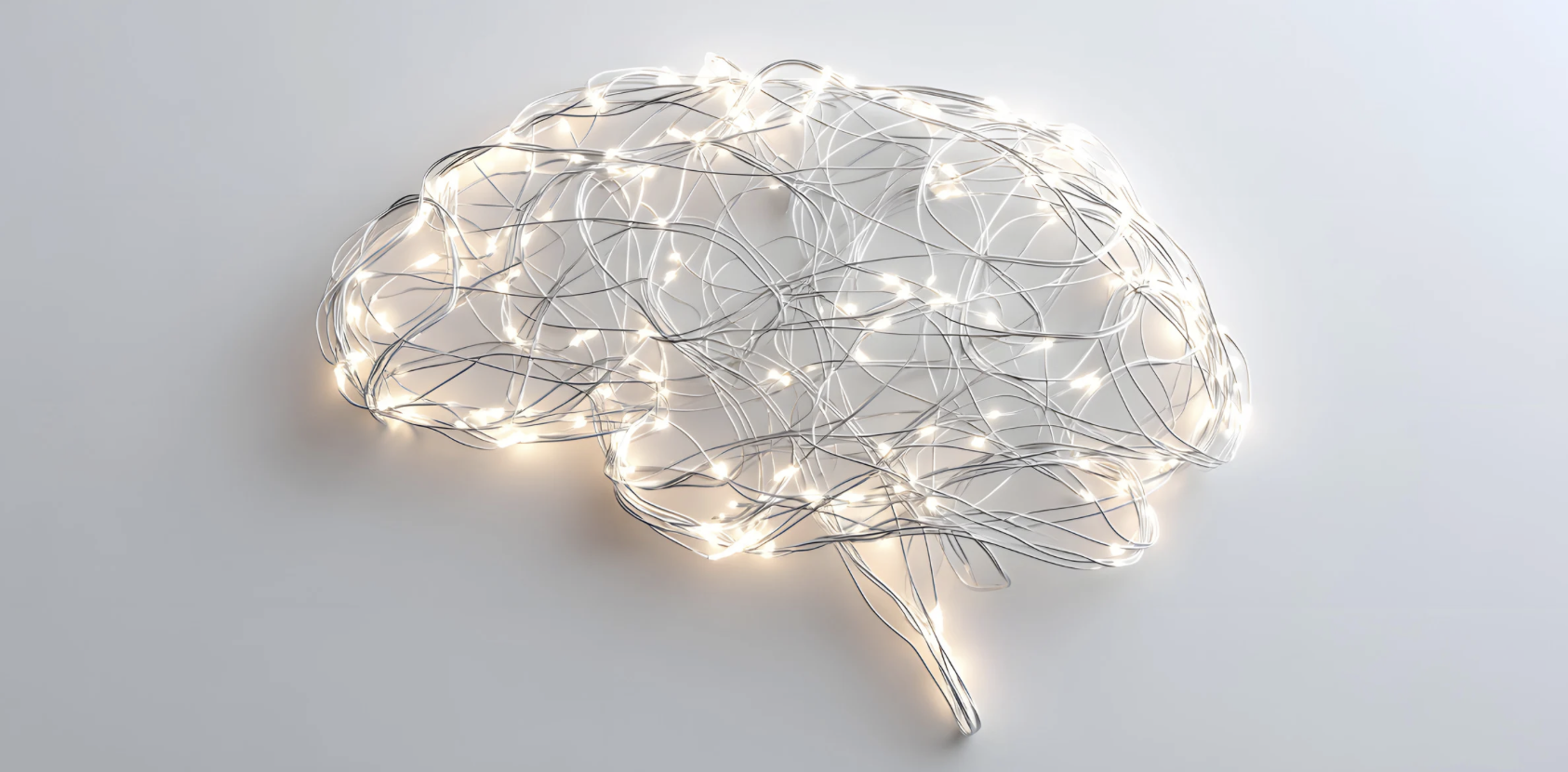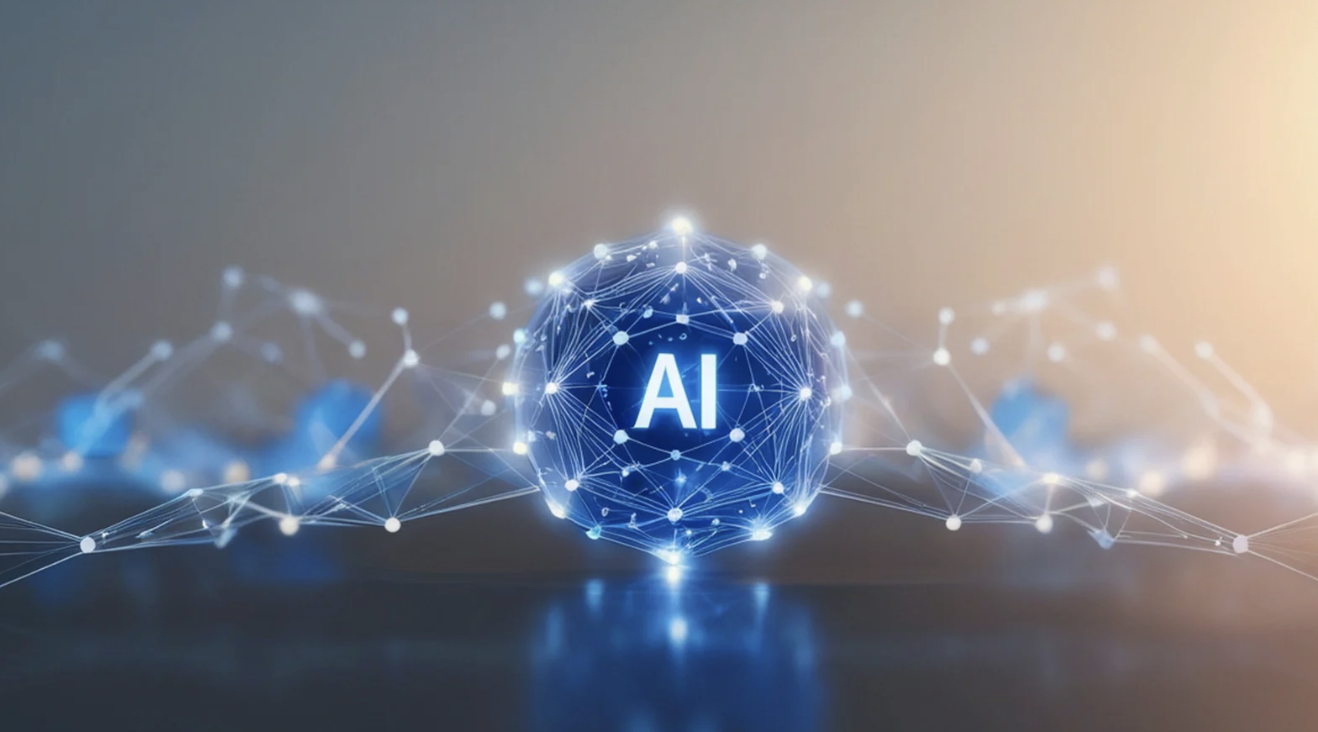The project addresses a pressing challenge at the intersection of education and technology: how to ethically and effectively integrate Artificial Intelligence (AI) into educational settings to complement and enhance the teaching profession.

Hybrid intelligent educational systems emerge when teachers and AI collaborate to enhance learning. From lesson planning with chatbots to AI-supported personalized feedback, these systems combine human and artificial intelligence in meaningful ways.

TAICo explores how teachers and AI can complement each other by leveraging their strengths. This approach aims to support educators, respond to teacher shortages, and guide the responsible integration of AI in education.

We examine AI tools based on their purpose, usability, and technology to understand how they support teacher–AI collaboration. These insights help shape practical guidelines for designing complementary educational AI systems.

Complementarity also depends on teachers’ skills, beliefs, and training, as well as how AI is deployed in learning environments. Professional development, infrastructure, and ethical considerations are key to successful implementation.
